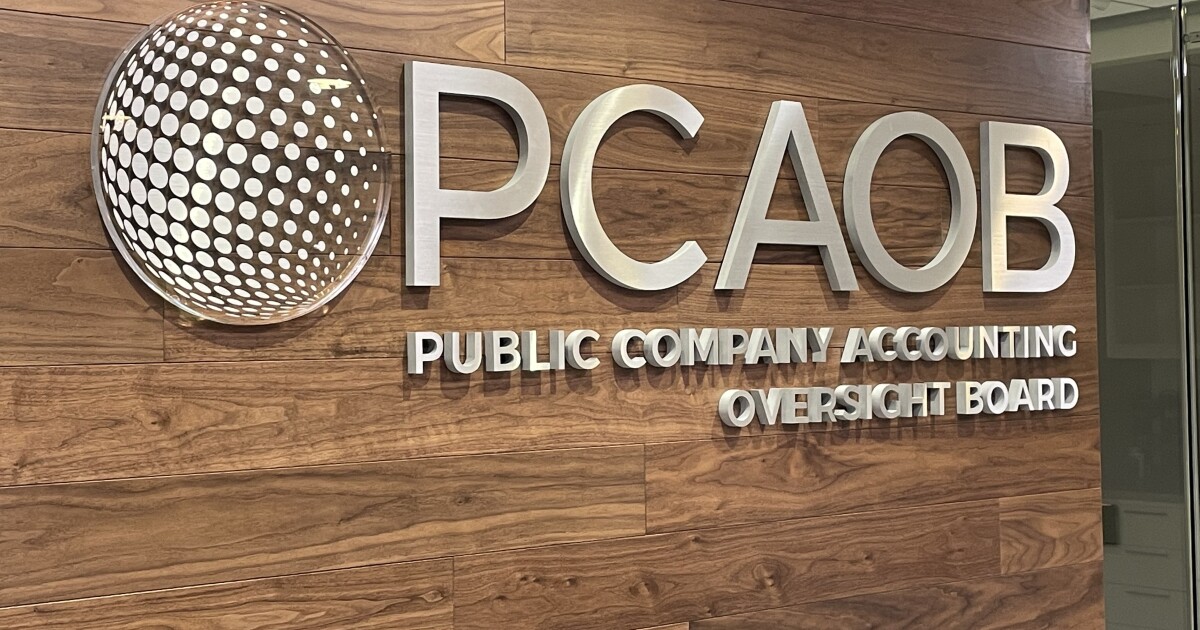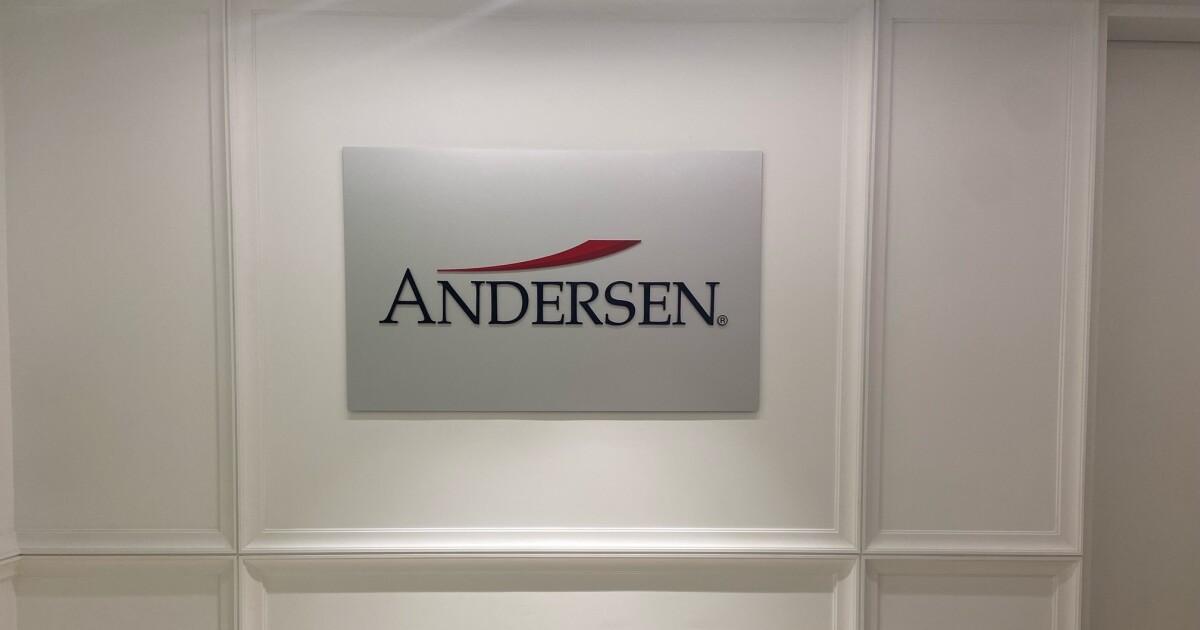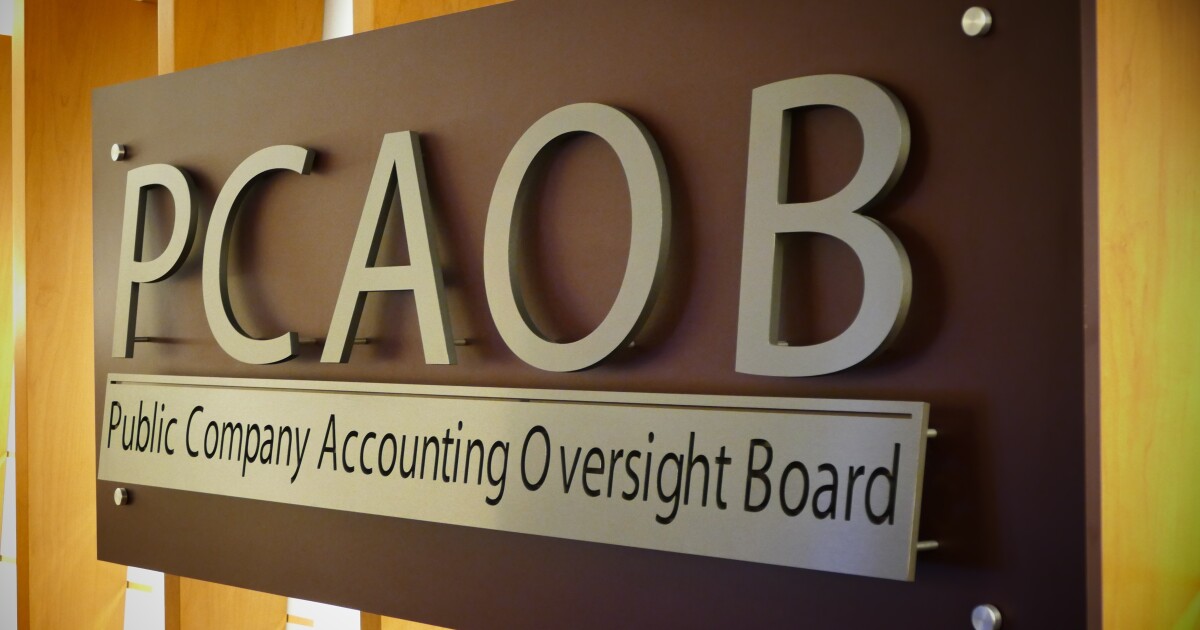Semple, Marchal & Cooper LLP, a Phoenix-based firm that took over the audits of Trump Media & Technology Group last year, has filed suit against the BDO Alliance and its chairman after it was ejected from the alliance following an angry phone call.
The firm’s lawsuit alleges it was kicked out of the alliance because it took on Trump Media as a client, a contention the BDO Alliance denies.
Trump Media, the parent company of the Truth Social network founded by Donald Trump, replaced its auditor last May after the Securities and Exchange Commission shut down its former auditing firm, BF Borgers, accusing it of massive fraud and fining it $14 million. Trump Media named Semple, Marchal & Cooper as its new auditing firm, even though the firm was relatively small, only had seven people listed on its website and did just a handful of public audits.
SM&C has been a member of the BDO Alliance for 30-plus years and was a founding member in 1994, according to a lawsuit it filed in March in an Arizona court, and over that time has paid more than $2 million in fees. There was only a brief hiatus in the firm’s membership in the alliance during that time due to a conflict of interest that the firm says has since been resolved. One of its founding partners, Robert Semple, has also been a member of the Alliance Partners’ Advisory Council for approximately 10 years. The firm has remained in good standing, at least until June of last year.
The firm’s lawsuit claims that after news reports began to circulate last May that Semple, Marchal & Cooper was Trump Media’s new auditing firm, the firm’s director of assurance services, senior partner Steven Marchal, received a phone call from Michael Horwitz, executive director of the BDO Alliance, in which Horwitz questioned the firm’s decision to take on Trump Media as a client, and asked why it didn’t alert the alliance in advance.
The suit further alleges that Horwitz threatened to kick SM&C out of the alliance if it didn’t resign from the audit, and claims that after the firm refused, it received a letter from the alliance dated May 31, 2024, with an effective date of June 30, 2024, that terminated the firm’s membership.
The BDO Alliance strongly disputes the allegation.
“The allegations in the complaint are frivolous and lack any foundation in the reality of why BDO Alliance USA chose to exercise its right to sever its relationship with the plaintiff,” it wrote in a statement to Accounting Today. “While members are independent firms charged with their own professional decision-making, BDO Alliance USA has the rarely used right to sever that relationship when quality and other issues are present. Plaintiff’s effort to distort the decision to sever the relationship will be vigorously defended in the judicial process.”
SM&C’s suit claims that the termination of the firm’s membership in the alliance has created the false and misleading implication that it happened either because somehow its independence as an auditor had been compromised by its political affiliation or because of some other supposed misconduct. But the firm asserts it has not compromised its independence nor engaged in any misconduct. Instead it says the alliance wanted it to compromise its independence by allowing political views to “infect” its role as an auditor of a publicly traded company.
Semple, Marchal & Cooper declined further comment beyond the lawsuit.


 Blog Post1 week ago
Blog Post1 week ago
 Economics1 week ago
Economics1 week ago
 Economics1 week ago
Economics1 week ago
 Economics1 week ago
Economics1 week ago
 Economics1 week ago
Economics1 week ago
 Personal Finance6 days ago
Personal Finance6 days ago
 Personal Finance1 week ago
Personal Finance1 week ago
 Economics5 days ago
Economics5 days ago












